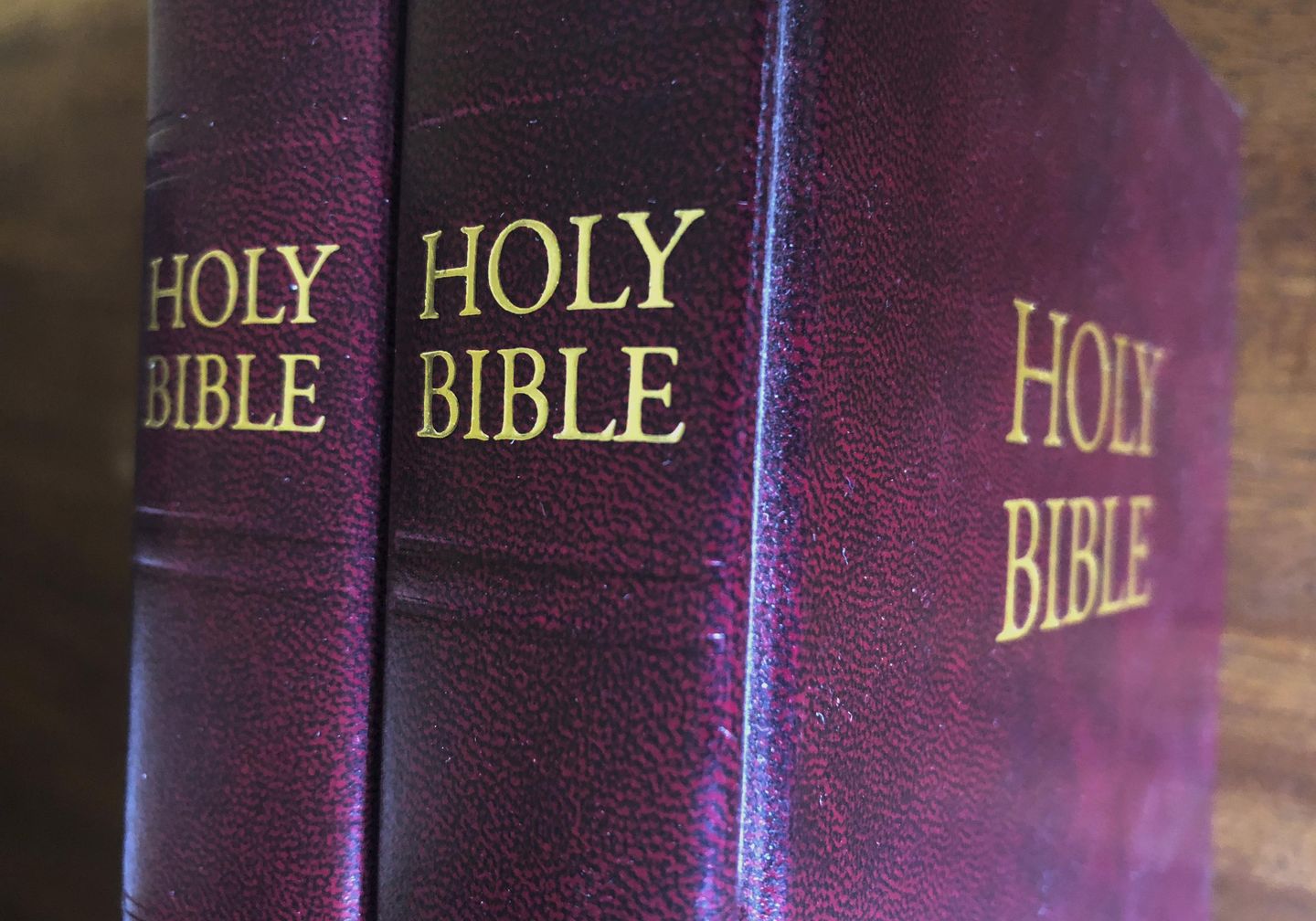
1. How much have Bible sales increased in the United States?
Bible sales are up 11% in 2025 compared to 2024, with more than 18 million Bibles sold so far this year. The trend represents a continuing surge that began in 2021, with 2024 marking a 20-year high for Bible sales and 2025 on track to surpass those levels.
2. What’s driving Americans to buy more Bibles despite declining church attendance?
Industry observers believe the tumult of recent years, including the COVID-19 pandemic and political polarization, may be prompting people to seek spiritual grounding. Former campus minister Tim Wildsmith suggests people are “looking for something to kind of settle themselves – that spiritual looking for peace.” The trend also saw a notable spike in September 2025 following the death of conservative Christian activist Charlie Kirk, with 2.4 million Bibles sold that month.
3. Which Bibles are Americans buying?
The bestsellers include an economy version of the English Standard Bible, the Adventure Bible for kids, and the She Reads Truth Bible aimed at women. The New Living Translation is popular for its readability and companion app with study materials, while the NIV Study Bible recently passed 10 million copies sold. President Trump also earned more than $1.3 million last year endorsing a patriotic Bible named after Lee Greenwood’s song “God Bless the USA.”
SEE ALSO: Bible sales keep growing, even as many Americans lose their religion
4. Are younger Americans part of this Bible-buying trend?
Yes, though the trend spans all ages. Data shows 36% of Gen Z and 39% of millennials now qualify as “Bible users” who read scripture at least three times a year outside church, with millennials showing a significant increase from 30% in 2024. Bookstore owners report seeing more customers in their 30s and 40s who are either finding their faith for the first time or returning to it.
5. Does buying more Bibles mean Americans are becoming more religious?
Not necessarily. While about 41% of Americans now qualify as “Bible users” (up from 38% last year), recent Gallup data shows less than half of Americans say religion is important to their lives, continuing a documented decline in religiosity. Only one in five Americans are “Scripture engaged,” meaning the Bible plays a major role in their lives, suggesting many buyers may be seeking spiritual comfort without deeper religious commitment.
Read more: Bible sales keep growing, even as many Americans lose their religion
This article is written with the assistance of generative artificial intelligence based solely on Washington Times original reporting and wire services. For more information, please read our AI policy or contact Ann Wog, Managing Editor for Digital, at awog@washingtontimes.com
The Washington Times AI Ethics Newsroom Committee can be reached at aispotlight@washingtontimes.com.










